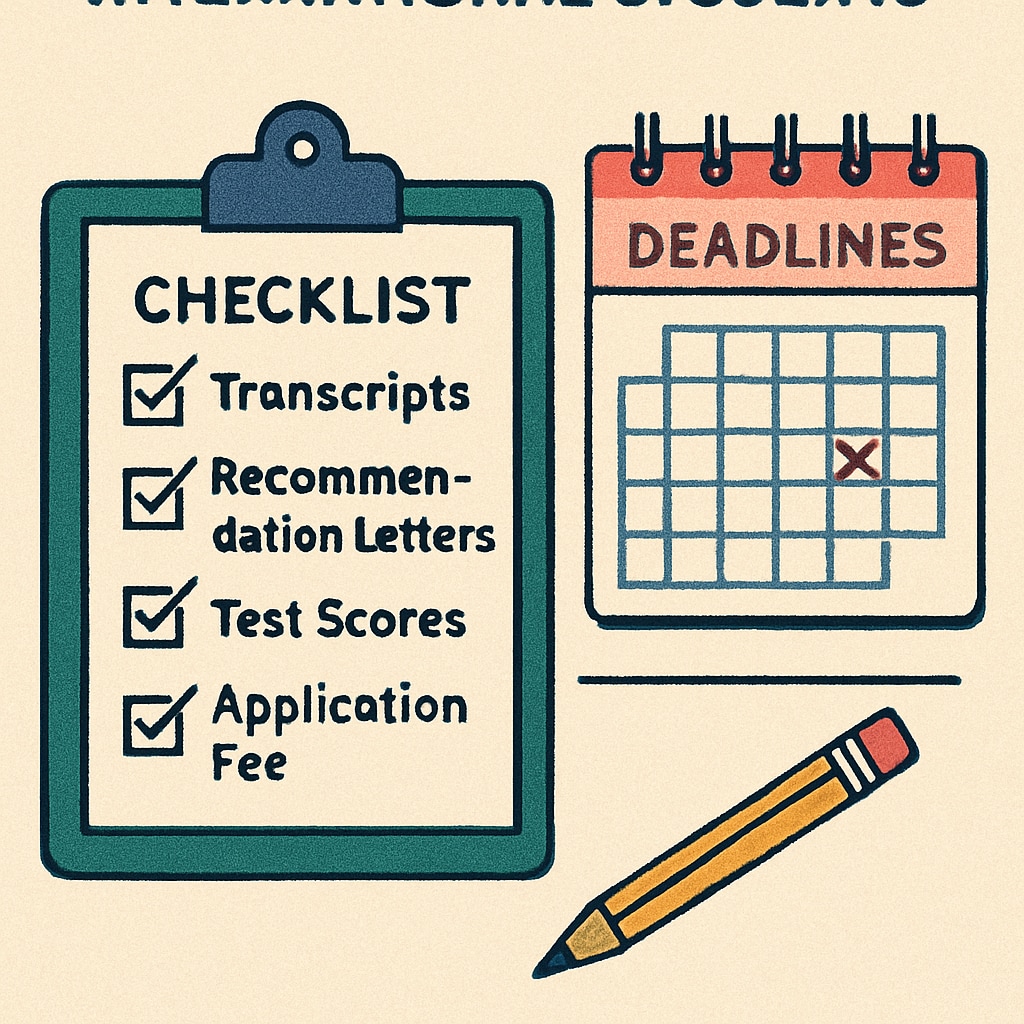Data science has emerged as one of the fastest-growing fields in technology and analytics, attracting students worldwide to pursue undergraduate programs in this discipline. For international students planning to apply to U.S. universities, understanding the entry requirements is critical to ensuring a smooth application process. This article explores key aspects of academic preparation, standardized test requirements, the overall application process, and recommendations for leading universities offering data science programs.
Understanding Academic Requirements for Data Science Programs
Students aiming to pursue data science should ideally have a strong foundation in mathematics, computer science, and statistics. High school coursework in calculus, linear algebra, and programming languages like Python or Java can be beneficial. Many universities also value extracurricular engagement in relevant fields, such as participation in coding competitions or research projects.
- Math prerequisites: Advanced proficiency in calculus and algebra
- Programming skills: Experience with languages like Python, R, or Java
- Relevant projects: Participation in data-related competitions or internships

Standardized Test Requirements for International Students
Standardized tests like the SAT or ACT are commonly required by U.S. universities. While scores vary by institution, competitive programs often demand above-average performance in math and analytical sections. Additionally, international students must demonstrate English proficiency through tests like TOEFL or IELTS.
Here are common test requirements for international applicants:
- SAT/ACT: Focus on math and reasoning sections
- English proficiency: TOEFL (minimum score of 80-100) or IELTS (minimum 6.5-7.0)
- Optional tests: AP exams or subject-specific tests to strengthen the application
The Application Process Simplified
The application process for U.S. universities involves multiple steps, including submission of transcripts, essays, recommendation letters, and extracurricular portfolios. For international students, additional requirements such as financial documentation and visa applications must be considered.
Key steps include:
- Research program-specific requirements
- Prepare application materials: essays, transcripts, test scores
- Submit applications via platforms like Common App or Coalition App
- Apply for financial aid or scholarships
- Complete visa and immigration requirements upon acceptance

Top Universities for Data Science Undergraduate Programs
Several U.S. universities are renowned for their data science programs, offering state-of-the-art facilities and comprehensive curricula. Institutions such as Stanford University, Massachusetts Institute of Technology (MIT), and Carnegie Mellon University consistently rank among the best for data science education. Public universities like UC Berkeley and the University of Michigan also provide excellent opportunities for students.
Here are some recommended universities for aspiring data scientists:
- Stanford University: Cutting-edge research and innovation
- MIT: Rigorous curriculum in computer science and analytics
- Carnegie Mellon University: Strong focus on artificial intelligence
- UC Berkeley: Renowned for its data and computational science center
- University of Michigan: Interdisciplinary approach to data science
For more insights, explore these resources: Data Science on Wikipedia and Data Science on Britannica.
Conclusion: Preparing for a Bright Future in Data Science
Applying to a U.S. university as an international student may seem daunting, but with proper preparation and understanding of the requirements, the process becomes manageable. Building a strong academic foundation, performing well on standardized tests, and carefully crafting application materials are essential steps toward securing admission to a top-tier data science program. By choosing the right institution and leveraging available resources, international students can set themselves up for success in this in-demand field.


